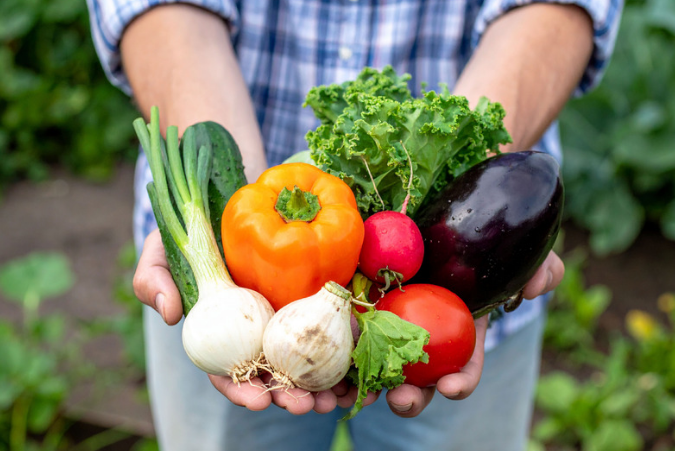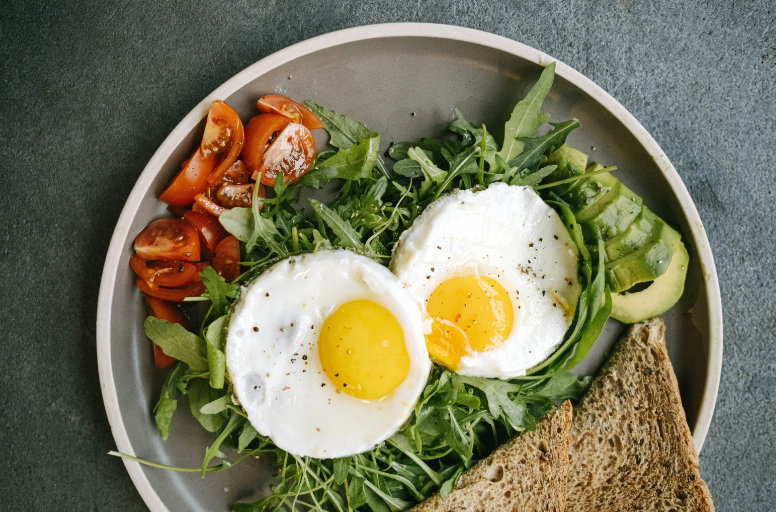Many people call themselves picky eaters, saying they don't like a single vegetable out there. But it is possible to learn to like vegetables. And beyond that, you can meet your daily quota in a variety of tasty ways.
Here are some techniques and tips to learn to like vegetables. Try them yourself--you just might be surprised.
Say no to plain vegetables.
One of the main reasons people don't like vegetables is because they try to eat them plain. If you're new to eating healthy, this is one of the worst things you can do. Most people don't have the taste buds for a plate of steamed broccoli or spinach. And why should you have to suffer through that for the sake of your health? Try putting vegetables into things you already eat: broccoli mixed in with macaroni and cheese, chopped carrots mixed in with seasoned rice mixes and frozen spinach added to a can of soup are just a few examples. This is a great way to introduce veggies into your diet, where the flavors of the other foods help them taste better and less noticeable. Start by adding small amounts of veggies to your standard meals, and as your taste buds adapt, you can add more and more.Mix your food.
If you're one of those people who neatly puts your food into distinct piles on a plate, never mixing them up, you might hate this idea. This is similar to the tip above, incorporating veggies into dishes you already eat. But sometimes you can't just add a helping of peas to, say, a turkey burger. But served as a side, you can mix bits of veggies on your plate with the other main dishes, to add flavor and mask the taste if you don't like it.Add some flavor.
When cooking vegetables, it usually takes just a little bit of flavor to make them more appetizing. You can add flavor (and nutrition) to raw veggies with healthy dips like hummus (great with carrots, celery, sliced peppers, cucumbers and more) or your favorite salad dressing (yep, it works for things other than salads). When cooking vegetables, most taste great with just a little salt, pepper and garlic. You can also try adding sautéed onions and garlic to vegetables.Try, try again.
Many parents have to deal with picky eaters on a regular basis. Most feeding experts agree that a child usually has to try a food several different times before they begin to like it. The same goes for adults. If there is a veggie you have historically not enjoyed, keep trying it prepared in new ways, in different combinations or in different stages of ripeness.













